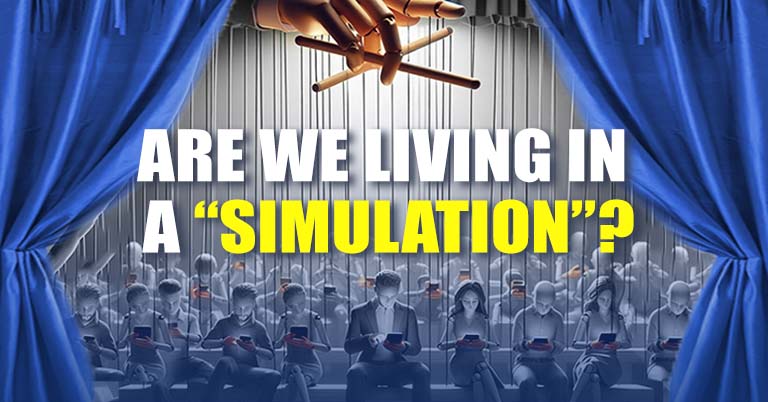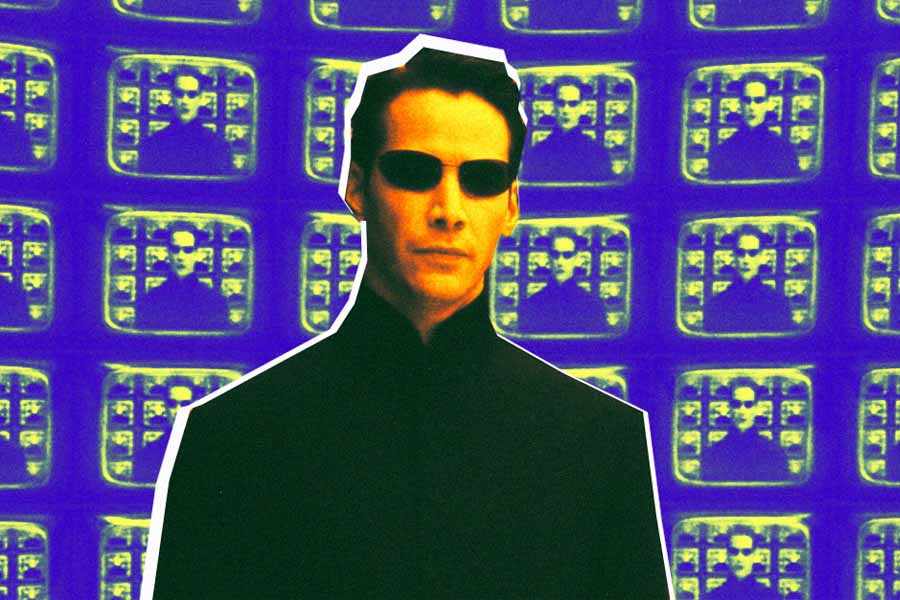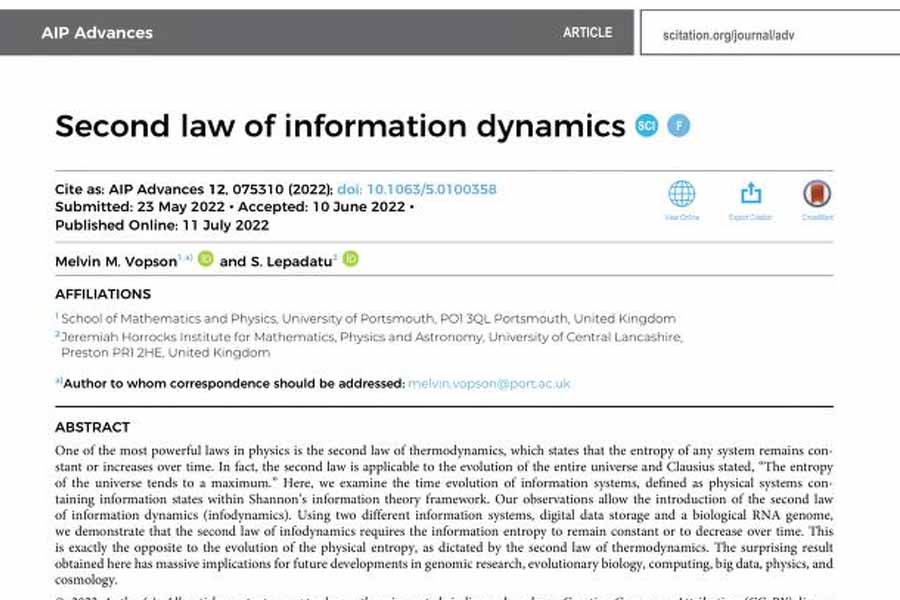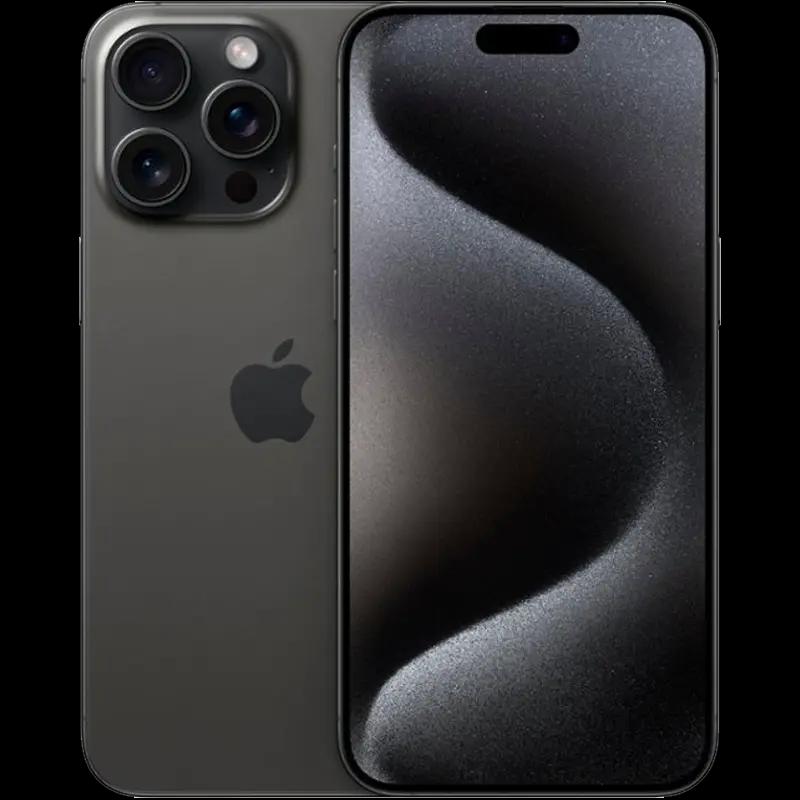
In the grand tapestry of existence, questions about the nature of reality have terribly plagued human thought for centuries. One physicist, Melvin Vopson of the University of Portsmouth, has taken these questions to a whole new level, suggesting that our reality may be nothing more than an intricately designed computer simulation. In this article, let’s dive into discussing what the professor has to say and also the simulation theory (hypothesis) in general.
Simulation Theory
The Clues Within Our Existence
Vopson’s hypothesis draws inspiration from the blockbuster movie “The Matrix,” where the protagonist, Neo, discovers the world he perceives is, in fact, a simulated reality. While this might seem like the plot of a science fiction film, Vopson believes there are tangible clues in our everyday experiences that point toward the possibility of living in a computer-generated world.
According to Vopson, our universe’s symmetrical nature, observed in everything from butterflies and flowers to snowflakes and starfish, is a key hint. Symmetry, he argues, is a manifestation of how machines render a digitally constructed world. This abundance of symmetry, rather than asymmetry, in the universe raises questions that traditional science has yet to fully answer.
Simulation Theory: The Experiment
Vopson delves into the enigmatic realm of quantum mechanics to bolster his argument. He points to quantum entanglement, a phenomenon where particles become linked without physical contact, akin to the interconnected interactions within virtual reality. The idea that two particles, regardless of distance, can mimic each other simultaneously aligns with the logic of a simulated reality code.

The physicist proposes an experiment to substantiate his claims. By smashing together elementary particles and their “anti” counterparts, he aims to detect if these collisions emit a specific frequency of light, indicating an attempt by the particles to escape the simulation. This, according to Vopson, would be evidence that our reality is a computer program.
The Second Law of Information Dynamics
Vopson’s journey into the simulation theory is not without its unique contributions to physics. He introduced the “second law of information dynamics,” challenging the conventional second law of thermodynamics. While the latter states that entropy, or disorder, can only increase or remain the same, Vopson’s law asserts that information entropy decreases.

- Also, read
Simulation Theory: The Philosophical Nexus
Beyond the experimental endeavors, Vopson engages in philosophical musings. He ponders the intricacies of information as the fifth state of matter, suggesting that it might be the elusive dark matter that constitutes a significant portion of the universe. He warns of a potential “information catastrophe” when digital bits surpass the number of atoms on Earth. Meanwhile, if the simulated universe were to be true, that would also mean a lot of things for humanity. As it could imply a deterministic universe with no free will, trapped in the belly of a machine.
While Vopson’s ideas might seem radical, he’s not alone in his fascination with simulated realities. Philosophers like Nick Bostrom have also entertained the notion, acknowledging the probability that we might be living in a simulated universe. The idea of a deterministic universe was already pondered by the Stoics, even more so, Nietzsche once hypothesized the concept of an eternally recurring universe. However, the concept of simulation hypothesis is relatively new.
- Meanwhile, watch our video on the iPhone 13 in 2024
















![Best Laptops Under Rs. 70,000 in Nepal [Updated] Best Laptops Under 70000 in Nepal 2023](https://cdn.gadgetbytenepal.com/wp-content/uploads/2023/01/Best-Laptops-Under-NPR-70000-in-Nepal-February-2023.jpg)
![Best Laptops Under Rs. 60,000 in Nepal [Updated] Best Laptops under NPR 60000 in Nepal - June Update](https://cdn.gadgetbytenepal.com/wp-content/uploads/2023/06/Best-Budget-Laptops-under-Rs-60000-in-Nepal-2023-June-Update.jpg)

![Best Ultrabooks To Buy in Nepal 2024 [Updated] Best Ultrabook Laptops in Nepal 2023 - June Update](https://cdn.gadgetbytenepal.com/wp-content/uploads/2023/04/Best-Ultrabook-Laptops-in-Nepal-2023-June-Update.jpg)
![Best Mobile Phones Under Rs. 15,000 in Nepal [Updated] Best Phones Under 15000 in Nepal 2024 Budget Smartphones Cheap Affordable](https://cdn.gadgetbytenepal.com/wp-content/uploads/2024/03/Best-Phones-Under-15000-in-Nepal-2024.jpg)
![Best Mobile Phones Under Rs. 20,000 in Nepal [Updated] Best Mobile Phones Under NPR 20000 in Nepal 2023 Updated Samsung Xiaomi Redmi POCO Realme Narzo Benco](https://cdn.gadgetbytenepal.com/wp-content/uploads/2024/01/Best-Phones-Under-20000-in-Nepal-2024.jpg)
![Best Mobile Phones Under Rs. 30,000 in Nepal [Updated]](https://cdn.gadgetbytenepal.com/wp-content/uploads/2023/12/Best-Phones-Under-30000-in-Nepal-2024.jpg)
![Best Mobile Phones Under Rs. 40,000 in Nepal [Updated] Best Phones Under 40000 in Nepal 2024 Smartphones Mobile Midrange](https://cdn.gadgetbytenepal.com/wp-content/uploads/2024/02/Best-Phones-Under-40000-in-Nepal-2024.jpg)
![Best Mobile Phones Under Rs. 50,000 in Nepal [Updated] Best Phones Under 50000 in Nepal 2024 Smartphones Midrange](https://cdn.gadgetbytenepal.com/wp-content/uploads/2024/02/Best-Phones-Under-50000-in-Nepal-2024.jpg)
![Best Flagship Smartphones To Buy In Nepal [Updated] Best Smartphones in Nepal 2024 Flagship Premium Samsung Apple iPhone Xiaomi OnePlus Honor](https://cdn.gadgetbytenepal.com/wp-content/uploads/2023/09/Best-Smartphones-in-Nepal-2024.jpg)